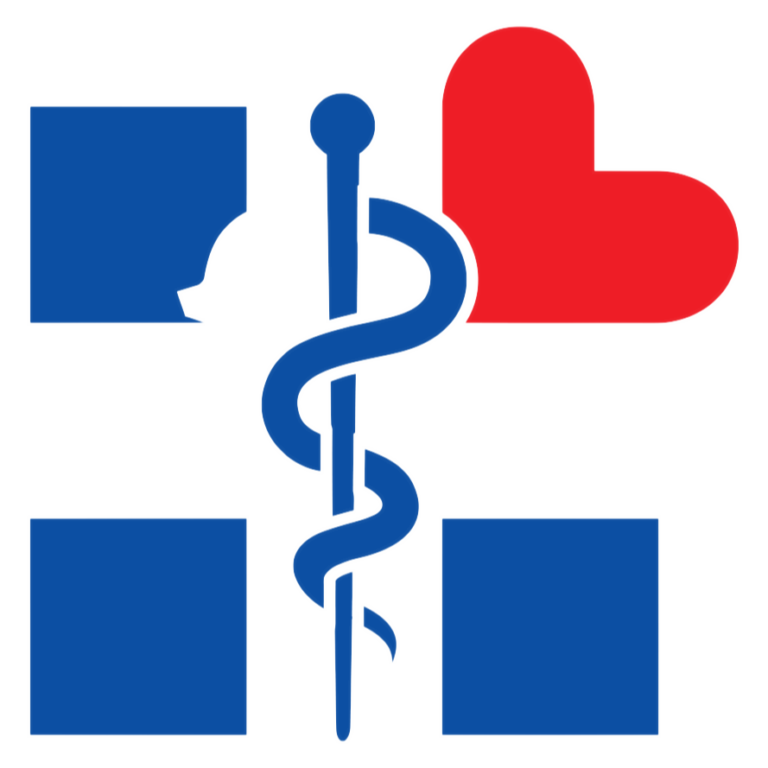
Biting your nails can introduce bacteria into your mouth and nails, leading to infections like paronychia
Dental problems
Nail biting can cause teeth misalignment, tooth wear, and gum recession. Erosion, chipping, and cracking the grinding friction of teeth against nails can gradually wear the enamel away, or even cause teeth to chip or crack. Malocclusion and gaps: biting nails doesn’t just damage the teeth, it can also cause them to move, leading to malocclusions (problems with the bite) and gaps.
Nail damage
Biting can lead to brittle nails, nail breakage, and nail bed injury. Nails can harbor germs and dirt, which can be transferred to your mouth and lead to illness.
Social and emotional issues
Excessive nail biting can be a sign of anxiety, stress, or obsessive-compulsive disorder (OCD) Nail biting is prevalent in children and adolescents. It occurs in 20-33% of children and nearly half of teenagers ––a whopping 45% (Siddiqui et al., 2020). Although the problem is much reduced approaching adulthood, in some it does unfortunately persist.
In the US, research has shown that up to one in three people meet the clinical diagnostic criteria for the presence of at least one pathological grooming behavior. This statistic is rather surprising given the figures are greater than those for depression, anxiety, and alcohol abuse.
- Nervousness: Due to stress and anxiety. In this instance, nail biting is temporarily appealing due to the calming effect it has on the nervous system
- Emotions: Our emotional make-up is integral to why we turn to nail biting. Shyness and low self-esteem can have an effect in addition to the pain caused by highly traumatic life events such as death or divorce
- Perfectionism: As discussed above those with this trait exhibit a low tolerance for boredom and frustration that is alleviated by nail-biting
- Boredom: due to inactivity/for want of finding something better to do
- Imitation: Children copying adult behavior
- Psychosomatic: This is usually seen in aggressive families
Skin problems
Nail biting can cause skin irritation, redness, and swelling around the nail bed causing nail fungus, biting can increase the risk of fungal infections, like onychomycosis.
Bad habit
Nail biting can be a hard habit to break, leading to a lifelong struggle.
It is thought that nail biting may also be linked with having a perfectionist personality type. Perfectionism is associated with a low boredom threshold and a much-reduced tolerance for frustration.
Individuals who suffer from the common disorder of nail-biting require effective interventions. Raising awareness of the condition and its ramifications represents an appropriate starting point. It is worth noting that admonishment has proven largely ineffective in treating this condition, especially among children. Conversely, positive reinforcement and behavioral modification techniques show significant promise. Nail biting can be perceived as a means of avoiding the present moment. Individuals who engage in this behavior often display a trance-like state or exhibit a lost-in-thought attitude. Practicing breathing techniques cultivating gratitude and focusing on the present moment constitute recommended approaches to addressing this condition.
I am a big believer in retreating, taking time off to learn and cultivate new habits.
Stavros Cid
Founder and Executive Director of Philotimo Med Abroad |
CEO of Breathe the Blue – Retreats in Greece








